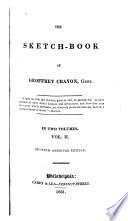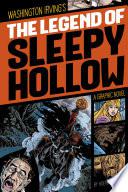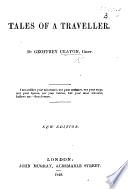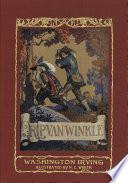“Love is never lost. If not reciprocated, it will flow back and soften and purify the heart.”
Attributed to Irving as early as 1883. [Hit and miss : a story of real life, Angie Stewart, Manly, Chicago, J.L. Regan, 1883, i, http://hdl.handle.net/2027/osu.32435018229575?urlappend=%3Bseq=7] However, it does not seem to appear in Irving's known works. Other citations from the same year leave the quotation unattributed. [Henry S. (ed.), Clubb, The Peacemaker and Court of Arbitration, Volume 1, Universal Peace Union, 1883, 125, Philadelphia, https://books.google.com/books?id=Uu84AQAAMAAJ&pg=PA125] [The Australian Women's Magazine and Domestic Journal, Vol. 2 No. 2 (May 1883), 1883, Melbourne, 435, https://books.google.com/books?id=mq0sAQAAMAAJ&pg=PA435]. A similar passage is found in a pseudonymous novel published two years earlier in 1881: "Julia knew that sacrifices to patience are not in vain. Although they often do not produce the happiness for which they are made, they will, always, flow back and soften and purify the heart of the one who makes them". [Illma, Or, Which was Wife?, Miss, M.L.A., Cornwell & Johnson, 1881, 239, New York, http://hdl.handle.net/2027/osu.32435017658592?urlappend=%3Bseq=245]
Disputed





